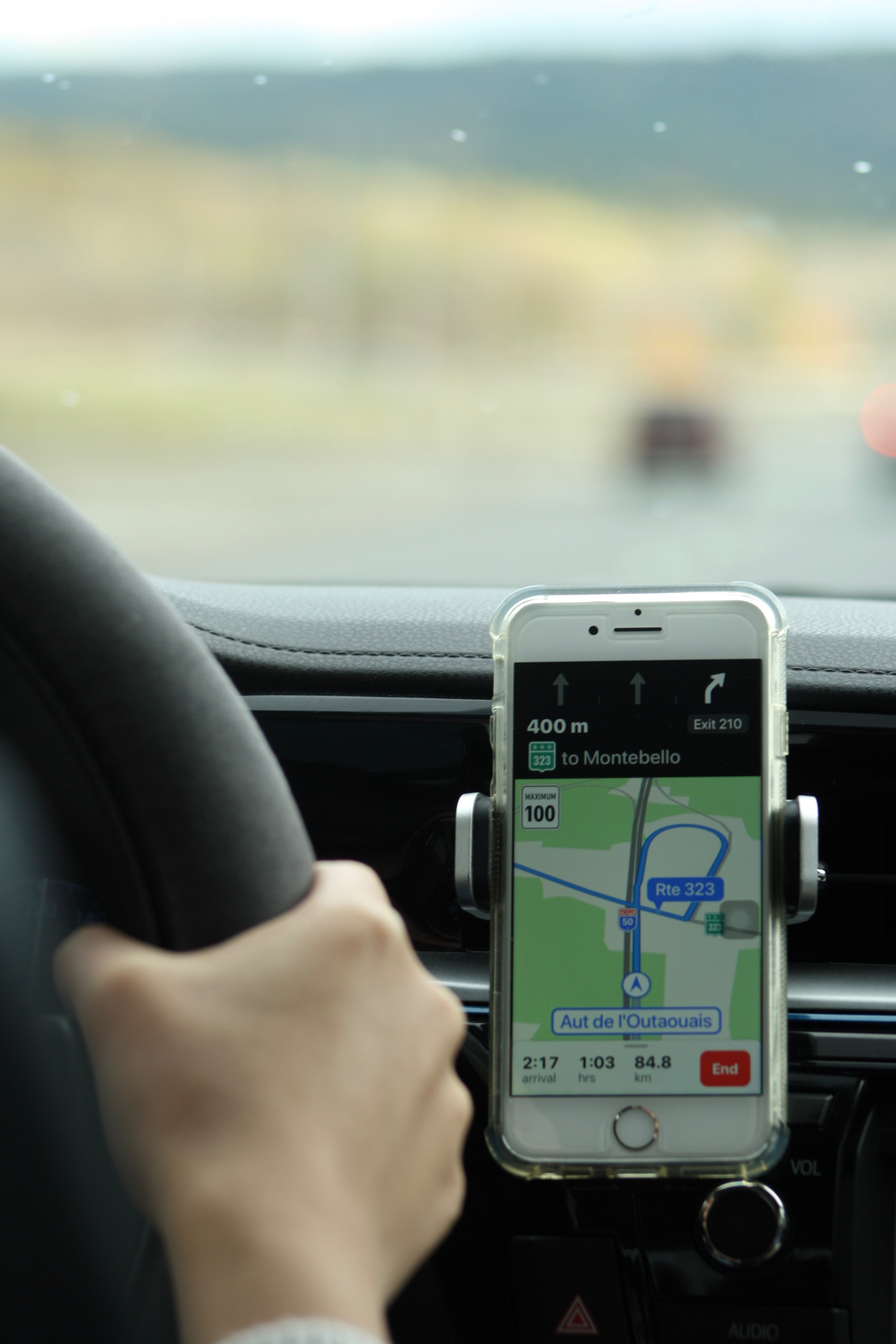
[Flash] The Secret to Durable Relationships (according to SLJ and RBG!)
|
![]()

|
![]()

|
![]()


| Bob scheduled a car to pick me up. He said, “I’ve worked with Mr. Woldegiorgis for 8 years and he’s fabulous.” When Mr. Woldegiorgis arrived, the first thing I said when I got in the car, “Bob thinks you’re fabulous.” Mr. Woldegiorgis smiled, sat up proudly, and drove me to the airport as only a fabulous driver would.
It is estimated that 50,000 thoughts race through our minds every day, and 70% of them do not serve our success. We spend an inordinate amount of time doubting ourselves, obsessing about mistakes, and worrying. The flood of negative thoughts is self-deflating. But we can help combat people’s sabotaging self-talk by repeating the good stuff we hear others say about them. For example, when Barbara emailed me, “My mentor is awesome!” I forwarded Barbara’s email to her mentor, repeating the good stuff. Barbara’s mentor immediately replied, “Thank you! That made my day!” It’s a phenomenon called the “Pygmalion effect” in which people internalize positive labels. Essentially, others’ expectations of them affect their performance. As leaders when we repeat the good stuff, we elevate the importance of that positive label which serves to:
And this leads to an increase in performance, because people want to emulate their positive label. Here’s what I love about repeating good stuff:
When people feel good about themselves, they achieve more. And we need people inflated by pride, not deflated by self-sabotage. |
![]()


Today we finished our cycling adventure around the Green Mountain State!
As the last few miles moved under my pedals, I reflected on what I’ve learned from this year’s ride…
Was it about having more fun and finding more joy? No!
There were plenty of un-joyful moments during this trip:
So, no. My insight was not about creating more fun-filled journeys in life.
Rather, I re-discovered what it means to persevere in spite of all those un-joyful moments. To set a goal and endure through a deluge of unwanted circumstances. To be completely uncomfortable and inconvenienced (and hungry!) in dogged pursuit of a finish line. And to get up the next day and face it all again.
My reward? I experienced a beautiful state, explored delightful towns, and met interesting people. And I amazed myself with my own strength and power.
As Jim Rohn once said, “The ultimate reason for setting goals is to entice you to become the person it takes to achieve them.”
Ultimately it wasn’t about the mileage or the elevation. It was about becoming a stronger person mentally, emotionally, and physically. It was about re-learning to persevere in the face of uncontrollable, unforgiving circumstances.
I’m ready for the next challenge!
![]()


My favorite column in Sunday’s New York Times is “Social Q’s” penned by Philip Galanes.
Philip answers social etiquette questions in the style of “Dear Abby.” And his comments are always refreshingly candid.
Recently someone wrote to Philip about a friend whose is engaged to a much younger man: “The relationship is inappropriate and poses risks to her. At best she makes it out with a bruised heart. At worst she marries the man and finds herself financially and emotionally ruined. What do I owe my friend?”
Highlights of Philip’s particularly mercurial response include:
Philip’s pointed response gave me pause…
Admittedly I’ve catastrophized and judged friends’ joy before. And I’ve experienced other people’s catastrophizing.
So why do we feel the need to protect people from their own journey by offering unsolicited advice?
Psychologists have determined that advice-giving can stem from:
Ultimately, unsolicited advice feels like criticism, which threatens our autonomy. We hate being controlled and would prefer to make our own mistakes.
(Note: Unsolicited advice is different than useful, potentially life-saving or job-saving information. When we provide that information without advice, we protect someone’s freedom to choose what to do with the information. Ex: “There’s a tiger in the building.” vs. “You should leave the office because there’s a tiger roaming the halls.”)
So I’m committed to being vigilantly joyful instead of heedlessly judge-y. Unless someone specifically requests my advice, perspectives, ideas, mentoring, or help, I’m going to celebrate people’s joy and cheer them through their journey of learning.
![]()


Over the past month, I have:
When I realized I had stopped paying attention, I knew it was time to go on vacation!
While my week away was refreshing, I did wonder… how had I become so scattered? So I did some research.
John Medina, author of the book Brain Rules, explains, “We are biologically incapable of processing attention-rich inputs simultaneously.” In other words, we cannot multitask – our brains can only focus on one idea at a time.
And then my research revealed a Focus Superpower: Questions!
Questions momentarily hijack our thought process. When our brain hears a question, it automatically triggers a mental reflex which contemplates the answer. And when that happens, the brain cannot think about anything else. It’s focused solely on the question.
So I practiced my Focus Superpower on vacation:
Just by asking myself a question, I forced myself to focus.
I also discovered that this Focus Superpower works on others – I can get anyone to momentarily focus by simply asking them a question (ex: What do you think of the butterflies?)
So now that I’m back in the real world, I’m exercising my Focus Superpower to be more purposeful:
It seems obvious and yet the implications of an intentional pause are profound.
What do you think?
![]()


In the past 18 months, I lost three long-term team members. One died unexpectedly of a heart attack, and two left for different careers.
Each loss was deflating… why did this happen to me?
As I transitioned unknowingly through Elizabeth Kübler-Ross’ five stages of grief (shock and denial, anger, despair, possibility, and acceptance), here’s what I discovered:
Change doesn’t just happen to us; Change happens for us.
Admittedly, I had become inattentive with my team, because everyone masterfully owned their own lane. The problem? No one entered anyone else’s lane.
I had failed to cross-functionally train myself and others. So when I lost these key people, chaos and uncertainty ensued.
Eventually I took responsibility:
I learned everyone’s job – I got into each lane!
I then eliminated the lanes – now, no one owns just one area
We started documenting all of our processes in job aides, quick guides, and videos
I launched a cross-training initiative, replete with shadowing and mentoring
And then I reinvented our structure: everyone on the team will know how to do any role to support a client and each other at any time.
The result? More connection, collaboration, and confidence within my team!
When change happens to us:
When we allow change to happen for us:
People say they hate change. Perhaps we just need to embrace the opportunities that change offers us.
As John Lennon said, “Everything will be OK in the end. If it’s not OK, it’s not the end.”
![]()


When I exited the Baltimore train station, I requested an Uber. In less than a minute, Aaron my Uber driver arrived.
Me: “Wow! That was fast!”
Aaron: “I think like a Rider.”
Me: “Huh?”
Aaron: “If I want to be successful, I have to think like a Rider. I think about where my Riders will be and when they will be there. And that’s where I go: train stations, the airport, festivals on the weekend, and at night, the bars and casinos. I live in the country – nobody needs an Uber out there. And I can’t expect Riders to be where I am.”
Astutely Aaron considers what Riders care most about to determine his own actions. Riders want him to arrive quickly, know where he’s going, and get them there safely.
“Think like a Rider” is a powerful mantra for serving the success of others in any capacity:
When we “think like a Rider,” we take actions based on our specific Rider’s needs and perspectives. For example, we “think like a Rider” when we simply communicate in another person’s time zone when it’s different than our own.
Questions are the gateway to thinking like a Rider:
Aaron revealed at one point, “I wish the technology folks at Uber would think more like a driver.”
Secretly we all crave experiences where someone else considers us first…
![]()
